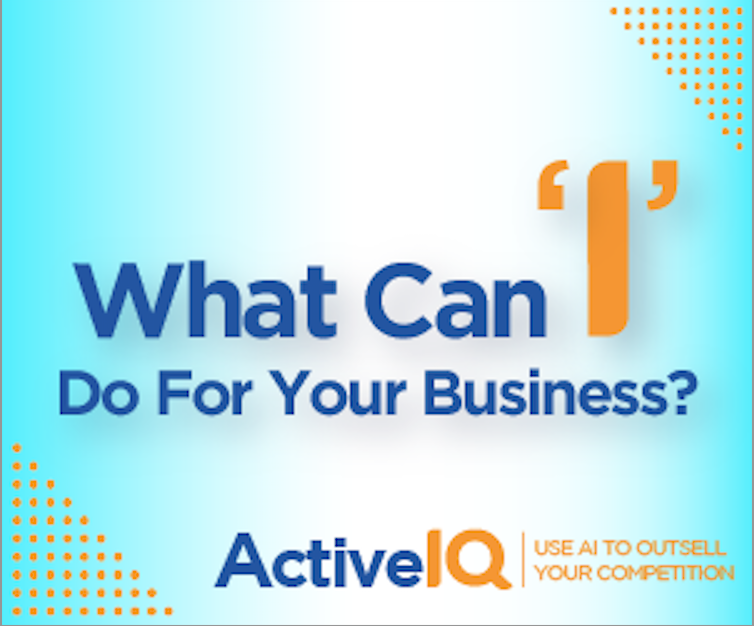Ty McKinney wanted to find a way to test mental wellness in a more sophisticated manner.
Right now, people often measure it through surveys and interviews. McKinney said there’s usually a lot of bias present in those situations.
McKinney, who has his PhD in neuroscience, said that he hadn’t figured out where it would be best to apply a different assessment system. When the pandemic started, it provided a prime opportunity to dive in headfirst.
That’s the driving force behind Calgary-based startup 8 Bit Cortex, founded by McKinney and Shannon Snaden.
“We realized that corporate wellness was the right angle,” McKinney said.
They chose this area for two reasons. One, a large portion of one’s stress comes from the workplace. Second, there’s often support offered through insurance or employee assistance programs.
“If you can tackle stress right at the root cause then you can have potentially a lot of really beneficial impact there,” McKinney said.
For companies, it allows them to more proactively assess employee mental wellness and avoid potential burnout. It also gives them a chance to provide support.
App-based system
Users start by answering a quick questionnaire that uses typical gold standard questions in mental wellness assessment.
“Then, we’re trying to build upon that with more rich sources of data,” McKinney said.
That might include different workplace environments and their impact on one’s mood. It might be sleep. It could ask about one’s sense of worry on that particular day. Individuals also have the chance to do their own customization, too. Did they bike to work? Are they in a spot with indoor plants? Perhaps they’re working from home.
The system can be set up for a specific workplace and what factors may cause employees additional stress – lawyers, labourers, even journalists in independent media. It can be built around common social determinants of one’s health, including personal life and things in the broader community.
“Almost everything that’s in our app can be customized, again, based on whatever the needs of the customer are,” McKinney said.
They want to help companies log and track these so recommendations could be made on how to work with that employee to alleviate stress.
The cognitive assessment is where the gamification comes in. It’s based off a clinical psychology tool called continuous performance task.
“This is one of the ways that we’re trying to reduce bias. And I’d say right now it’s one of our key areas of innovation,” McKinney said.
It’s a simple smartphone/desktop game where one avoids bumping into walls. It’s measuring reaction time. The pattern of reaction time provides information on burnout risk, McKinney said.
“When people are really stressed out those stress hormones will impede certain brain networks and that changes the pattern of response,” he said.
Pivot from scientist to entrepreneur
Taking part in the Alberta Catalyzer – Velocity program was a chance to take a love of data and apply it to a business setting, McKinney said.
He said working in the program has helped them focus on a long-term strategy and the viability of the system moving forward.
“In the early days, I would say we were a bit more open-minded and less focused on how we’re pursuing (revenue),” McKinney said.
“We were doing lots of things that didn’t really make us money, but they might have given us brand awareness.”
Now the focus is on a viable business model.
Right now, they operate like a consulting firm. They’ve got a platform they can implement at a company and provide them the assessment, the feedback and the strategies to help.
The next step is scaling up. McKinney said they want to operate more like a Software as a Service (SaaS) so companies can internalize it and make it their own.
They also want to do something with the data. Whether that’s partnering with insurance companies or benefits providers to build a better early intervention piece.
It’s in a business’s best interest to watch employee well-being, McKinney said.
They’ll be off work less, quit less (reducing hiring and training costs) and it will help improve productivity.
“That’s one aspect of the value proposition is to find ways to support individual employees,” he said.



